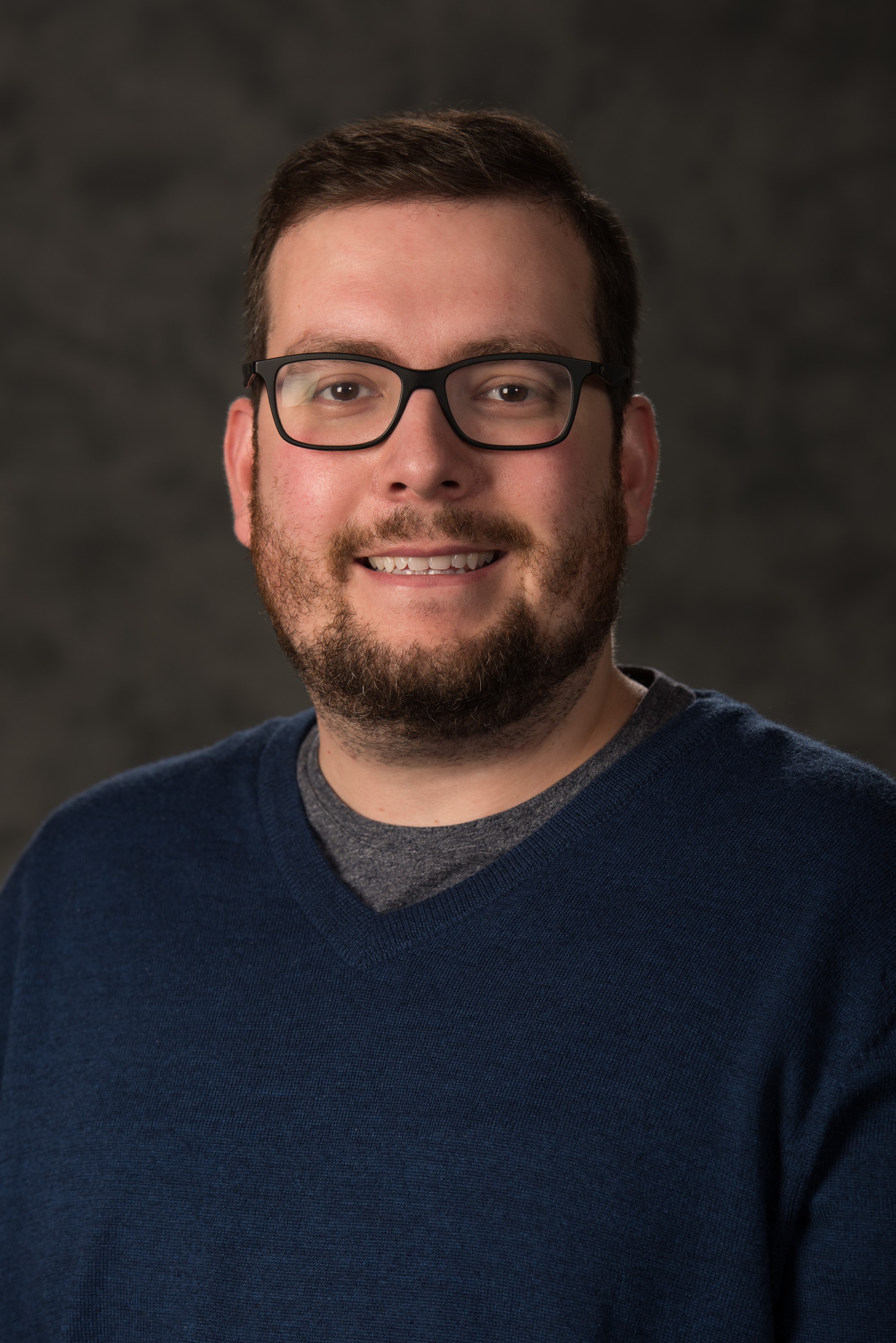Congratulations on making one of the most important decisions of your life - becoming a physician! This profession is a lifelong commitment that comes with unique experiences and the honor of helping people during their most vulnerable times. You may have started the process of becoming a physician many months or even years ago, or maybe this is a new personal development for you. Regardless, it's important to undertake this commitment with careful preparation. There are many components to a medical school application, and your extracurricular activities are critical. Carefully selecting and describing these activities will allow those evaluating your application to get to know you in great detail, which will increase your chances of being supported at an admissions committee meeting. These activities will form the core of your personal statement, another crucial part of your application. You must choose activities that help you stand out from the crowd and create a unique argument for admission. These activities (which I like to call "experiences" from a holistic perspective) should tell a coherent story about yourself and the journey you have had so far in becoming a physician.
We cannot help you change your GPA or your MCAT score once you have taken it. However, we can help you identify experiences that will demonstrate your preparedness for medical school, particularly if you are early in the process. There is a lot to think about when deciding to be engaged in new activities or choosing which activities to list on your application (remember, you only get to list fifteen extracurricular activities). For some, selecting these experiences comes naturally; for others, this process might require more time and a thoughtful dialogue between you and your mentors. There is a lot to be said about the “activities” topic. First, it is essential to be cognizant that these experiences should very clearly show the admissions committees that you have incorporated in your preparation for medical school the fifteen core competencies for entering medical students as designated by the Association of American Medical Colleges (AAMC). A detailed discussion of these competencies is outside of the scope of the article; however, you should actively become familiar with them (https://students-residents.aamc.org/real-stories-demonstrating-premed-competencies/premed-competencies-entering-medical-students). These competencies are divided into professional, science and thinking and reasoning; and not surprisingly, they represent the most important characteristics of a future physician including empathy and compassion, service orientation, teamwork and collaboration, critical thinking, scientific inquiry, writing communication, among others.
During the holistic review of your application, the admission committee will group your activities into three categories: clinical (including shadowing), academic (including research), and service (including volunteering). These categories will help the admissions committee assess if you possess the AAMC competencies. It is best if your activities revolve around multiple competencies at a time. However, you should still have distinct and separate activities for each of the three categories. For example, suppose you are a research coordinator who consents patients into trials and takes vital sign measurements. In that case, it can be both a clinical and research activity, depending on how you describe it in the AMCAS application. Additionally, choosing your three most meaningful activities can also affect how your activities are categorized. Therefore, while an activity might revolve around more than one category, it is still recommended to have multiple activities for all three categories, with some being more dedicated to specific categories.
There is a lot of uncertainty among applicants when it comes to extracurricular experiences, which can add to their anxiety. This is because the AAMC has not provided clear-cut guidelines to medical schools regarding what constitutes an appropriate experience, especially in terms of its duration and scope. What matters most is that all your experiences are related in a way that they best represent your case for admission and that they showcase your personal growth and development in specific competencies. For instance, a service experience where you started as a volunteer and ended up becoming a coordinator by the end of the activity. Your experiences should also be unique enough to set you apart, long enough to make a difference (for example, one hour of shadowing is not enough to demonstrate clinical experience), and easily understood and summarized by the person reading your application. Too many unrelated activities that are unclear where they fit in are not appropriate for building an argument for admission.
If you are feeling overwhelmed, don't worry: it's understandable, as preparing for medical school can be a complex process. Together, we can work to find the best way to present your current extracurricular activities and suggest new or ongoing activities that will best describe you and summarize your preparedness for medical school.

Comments